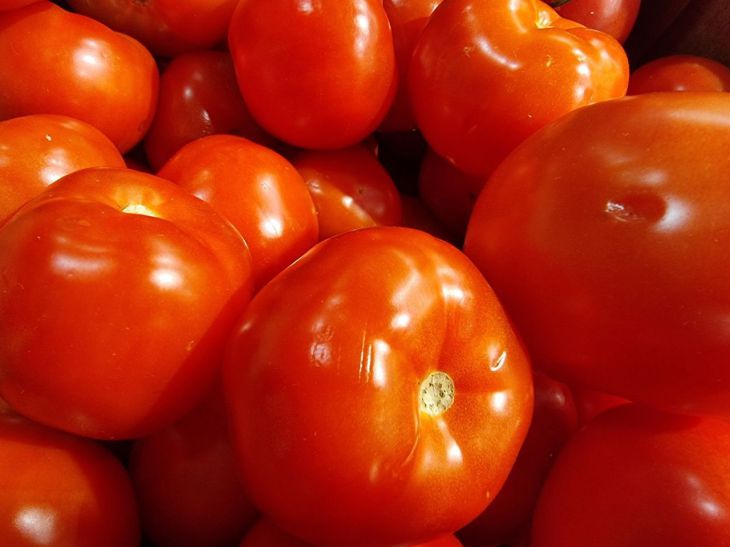Pesticides and zero benefits: it is better to avoid these fruits and vegetables in winter and early spring – here is what you can replace them with
In winter and early spring, some vegetables and fruits can do more harm than good.
During this period of the year they are contaminated with large amounts of pesticides and are grown in artificial conditions, often without sufficient light and soil.
Vegetables and fruits are the basis of many people's diets. They are especially emphasized by those who care about their health and want to lose weight.
In winter and early spring, Russians have access to popular vegetables and fruits, although the season for them is summer.
Tomatoes
Tomatoes grown in artificial conditions do not have that special smell and taste. Some call them "plastic" because of their unnatural appearance.

Cucumbers
Water and pesticides – this is how cucumbers that appear on the shelves out of season are characterized. The best alternative to them are pickled cucumbers from home preparations.
Bananas
In winter, bananas are harmful to the body because they can cause increased sweating and a decrease in body temperature. In the cold season, they can cause hypothermia.
Strawberry
Farmers who want to make money all year round have learned to grow strawberries in winter.
Sometimes it is not even planted in the ground, but grown in special water and then treated with pesticides and fertilizers.
What to replace
While waiting for the new season's harvest, you can take a closer look at alternative options.
For example, frozen strawberries, raspberries, and currants will replace fresh berries during this period.
Winter and early spring are the “golden time” for onions and garlic.
Beets, carrots, and cabbage can be stored until the next harvest, so they are a great help during this period.
Previously, we told you who benefits from eating beets and revealed a recipe for a healthy dish made from this root vegetable.
